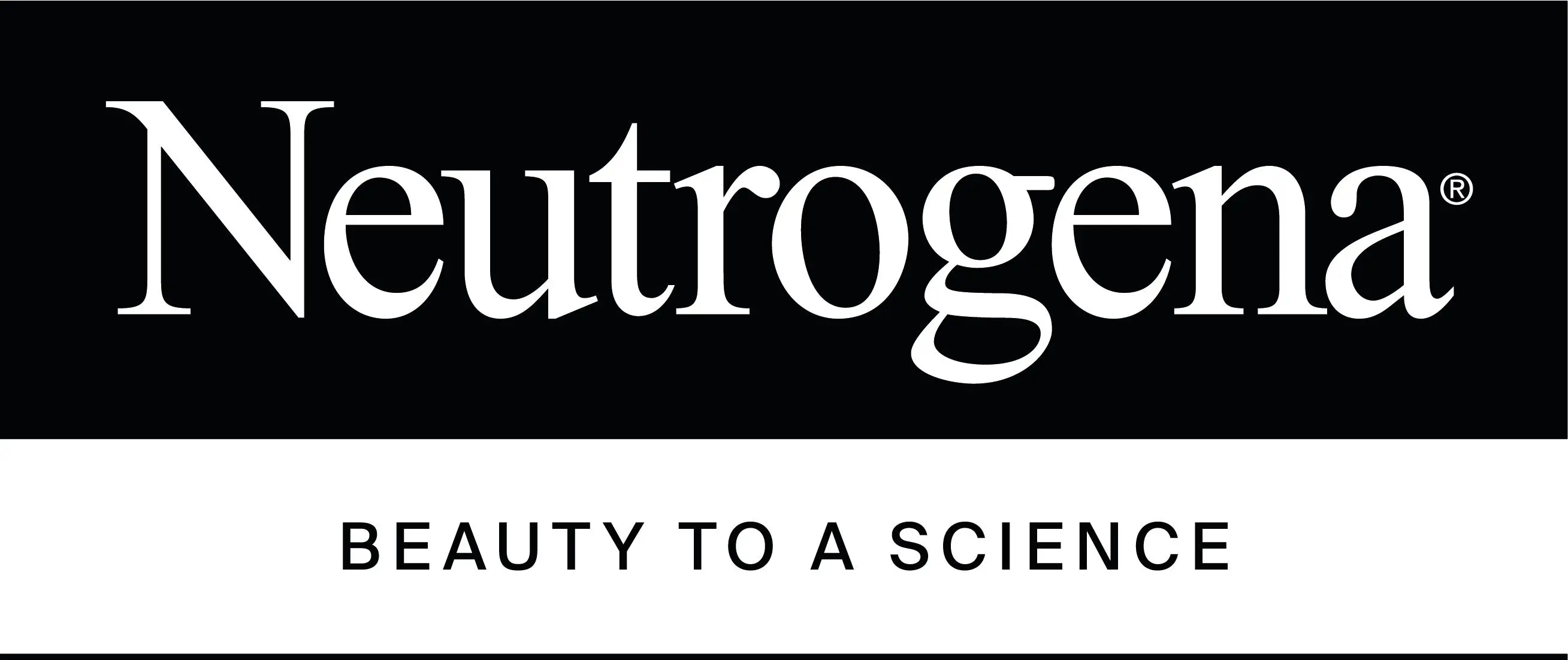Your skin is the gatekeeper to your body: When it’s healthy, it keeps good things, such as water and healthy oils, in and bad things, such as bacteria and dirt, out.
Unfortunately, the skin’s barrier, or the balance of oils on the surface that keep skin protected, can be compromised, either from the natural aging process or from products that are too harsh and strip the skin. When this skin barrier is compromised, water is more easily lost, causing the lack of smoothness and plumpness that we associate with healthy, youthful skin.
If you’re thinking a good moisturizer can counteract this loss, well, you’re only partially right.
The problem is most conventional moisturizers simply sit on top of the skin creating a shield to prevent water loss. While they help hold in moisture and protect skin from the elements, traditional ingredients aren’t able to penetrate the skin very far, meaning they’re not able to actually repair and replenish the skin.
To address this problem, Neutrogena researchers studied the skin to understand exactly how it works — and how it could be better protected and even improved. What they developed is Neutrogena Hydro Boost with its star ingredient being hyaluronic acid! Hyaluronic acid, which is found naturally in the skin and can hold up to 1,000 times its weight in water.
Below are five astonishing benefits of hyaluronic acid for skin:
1. Hyaluronic acid moisturizes the skin:
Hyaluronic acid penetrates the skin’s barrier, creating moisture from the inside out. Hyaluronic acid hydrates your skin without clogging your pores; this makes it a to-go-to option for oily and/or acne prone skin!
Check out Neutrogena® Hydro Boost® Gel Cream Moisturiser and Neutrogena® Hydro Boost® Water Gel Moisturiser, which consists of Hyaluronic Gel Matrix to instantly lock in intense hydration and continuously release it as and when your skin needs it throughout the day.
2. Hyaluronic acid rejuvenates the skin:
Hyaluronic acid is remarkable in regenerating the skin and in stimulating collagen efficacy. In addition to moisturizing, hyaluronic acid rejuvenates the skin without adding an added layer of oil or grease. While it rejuvenates, it also contours and nourishes the face.
3. Hyaluronic acid protects the skin:
Hyaluronic acid regenerates the lipids in the skin’s barrier, which helps the skin hold water more effectively. The skin’s barrier, thus, works best by helping keep the cells in balance. Hyaluronic acid also protects the skin from free radicals and other external toxins.
Also read to know more on How to Protect & Repair Your Skin Barrier, here.
4. Hyaluronic acid fights aging:
Hyaluronic acid prevents early signs of aging. Hyaluronic acid, as an anti-oxidant, also supports collagen and elastin in the skin that may have been damaged by UV rays or other external stressors, making your skin look and feel youthful. Studies show that hyaluronic acid enhances skins’ firmness and elasticity up to 55% in just 8 weeks.
5. Hyaluronic acid helps in healing sunburn:
Hyaluronic acid speeds wound healing through helping the skin maintain moisture and tissue regeneration process. It contains antioxidants and has anti-inflammatory properties, among other related properties, that help the skin regenerate and heal faster. Hyaluronic acid can also be used to help with sun burns. Studies have shown that hyaluronic acid is safe and well-tolerated, and has a high-rate of healing burns
In conclusion, when the skin’s barrier is repaired and more properly able to hold onto hydration, skin is plumper and more glowing — and better able to stand up to the stresses of daily life. Hyaluronic acid is the most efficient way to ensure that your skin is at its best. It is easy to use, readily accessible, and low on side effects.

